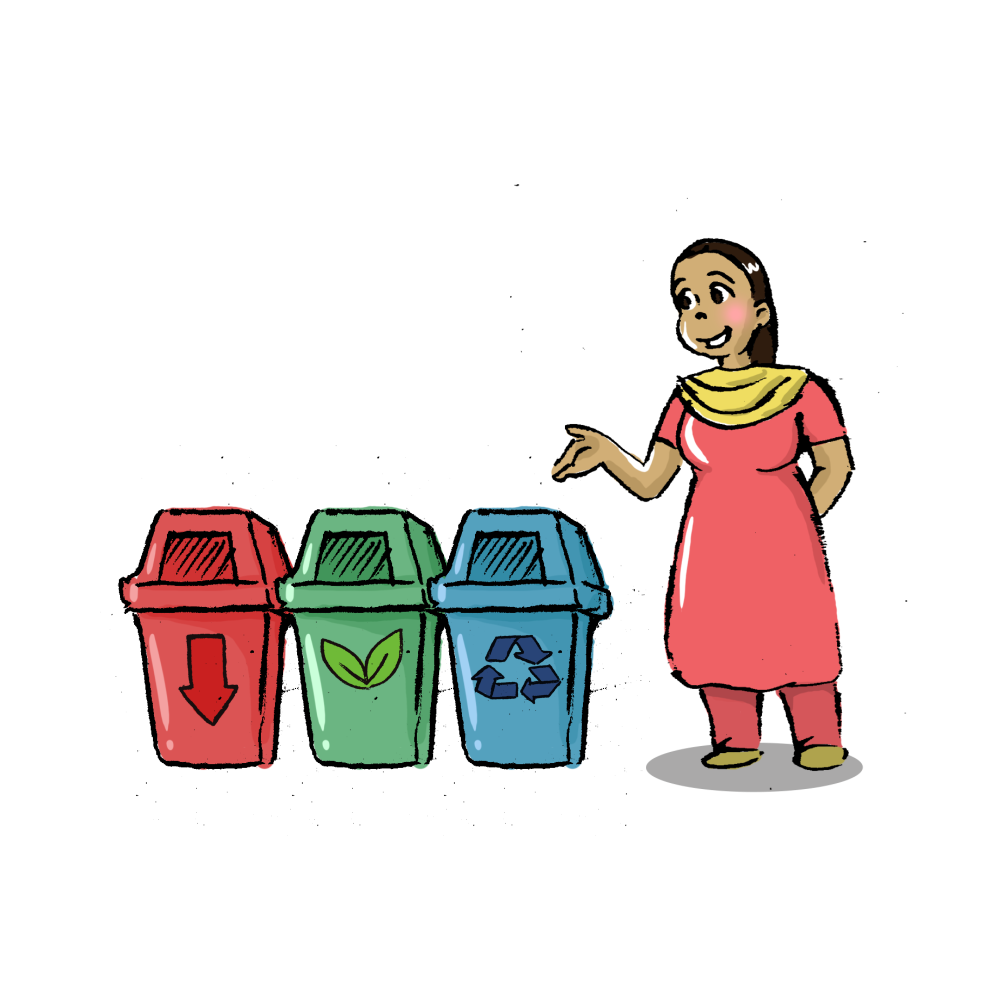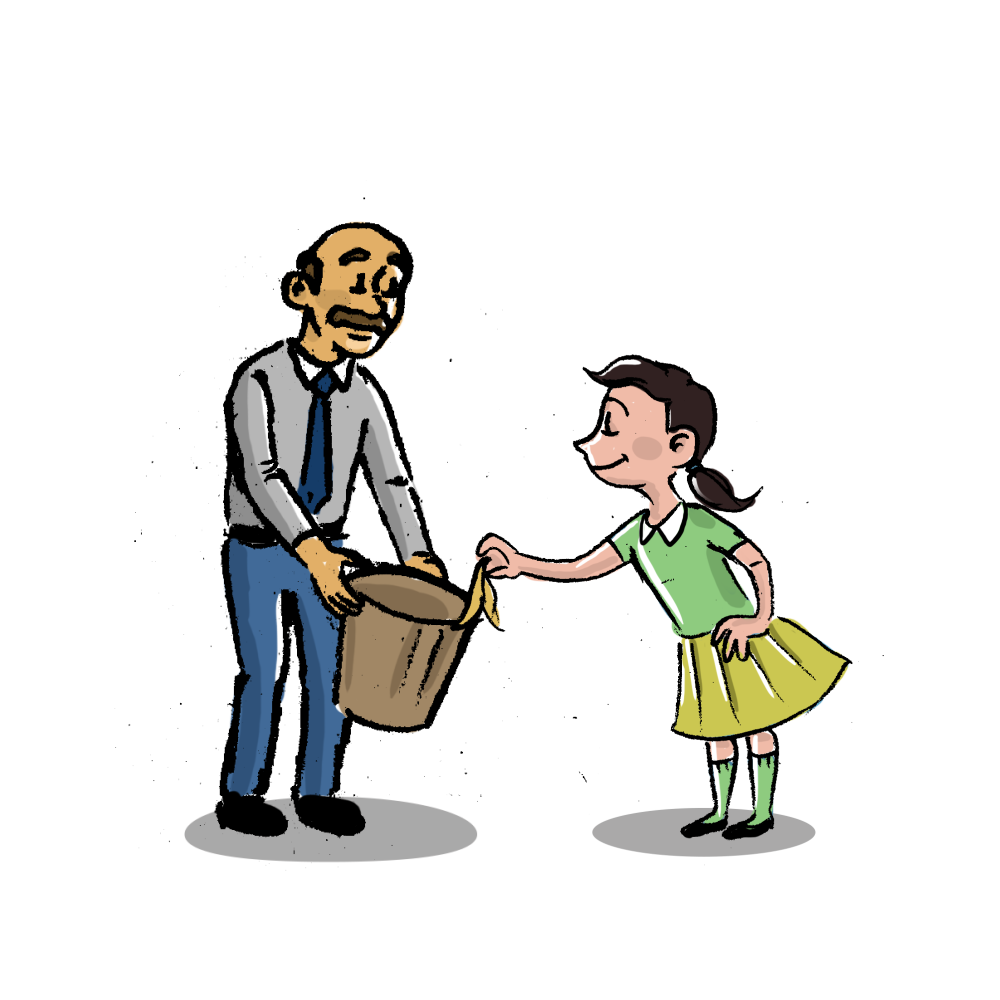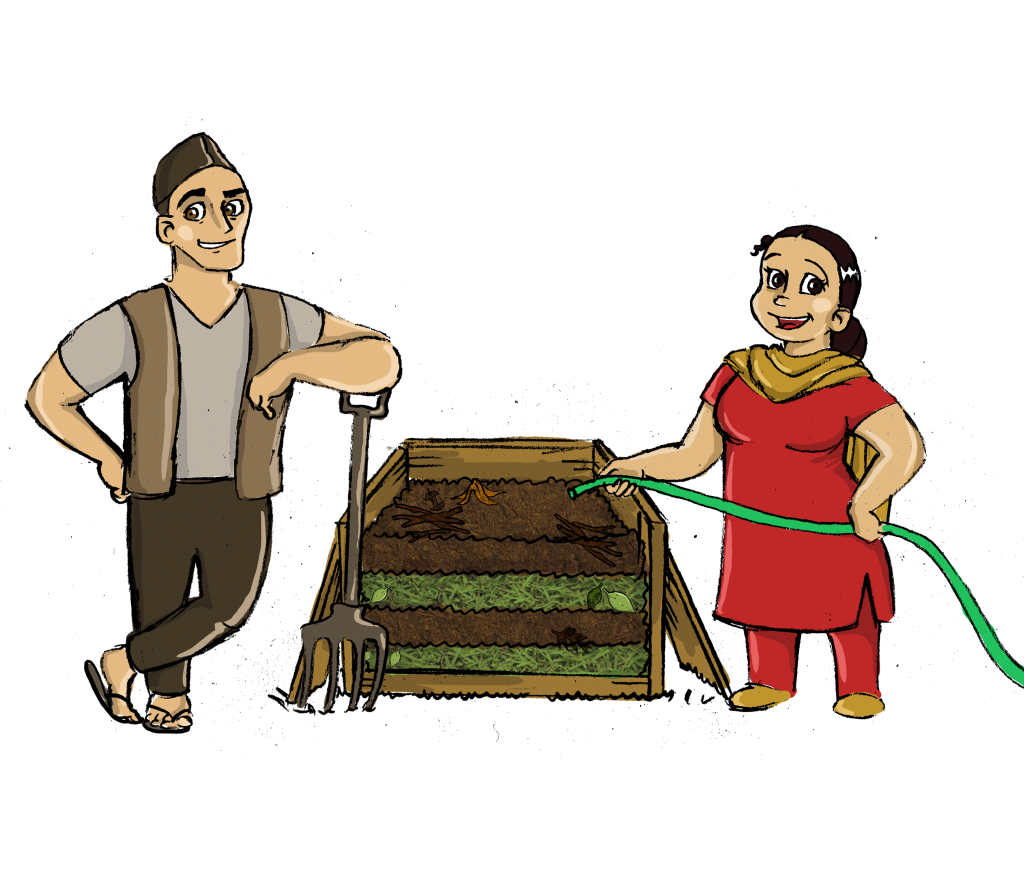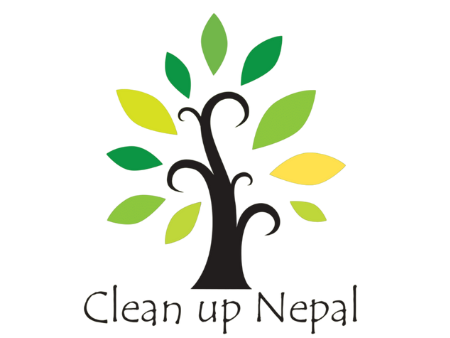
Mission, Vision & Objective


Mission
Mission
Clean spaces, clean air, clean water,
and knowledgeable communities that
thrive with responsible lifestyles and
good health.




Vision
Vision
Cleaner and healthier Nepal where
communities are knowledgeable
about waste, they manage waste
responsibly and sustainably to keep
our land, water, and air clean.


Goal
Goal
To provide an enabling environment to
improve solid waste management in
Nepal.

Objectives
Objectives
To enable self-management of waste at the local level, to coordinate with relevant
stakeholders for the development of effective, efficient, and sustainable systems for waste collection, management, and disposal, and to mobile the community and provide necessary resources for this.
Creating a profit of environmental issues related to the development of the country,
increasing public awareness at the national level, conducting evidence-based advocacy, and conducting different activities focusing on youth in the creative economy.
With the approval of the relevant authorities, disseminate information about waste management among school-based children, youth, and other professional workers, raise awareness in educational institutions, conduct training, seminars, discussion conferences, bulletins, etc in collaboration with the government and stakeholders under prevailing law, and publishing books.
To find suitable solutions for waste minimization by exchanging information about national and international skills and resource use, working with the local government and the private sector to arrange environment-friendly packaging, and recycling facilities, and building an advanced supply network.
To avoid littering in public places by bringing behavioral change, raising public
awareness about environment-friendly products, motivating people to reduce waste production in their homes and business, and encouraging reuse.
Encourage the community to reduce household waste as well as encourage reuse, recycling, and upcycling. To provide social respect to the people involved in the field of waste management.
Conducting community-based programs for education, employment, skills, and income targeting the workers and their families.
To emphasize the promotion of digital technologies in waste management for evidence-based advocacy.
Facilitating enhanced access to clean water for citizens through the construction and reconstruction of drinking water projects.
Organizing complimentary awareness programs addressing drinking water, sanitation, and hygiene.
To assist in the construction and operation of physical structures for the management of waste (organic, non-organic, liquid, hospital, industrial).
Conduct awareness programs about disaster risk management and climate change.
